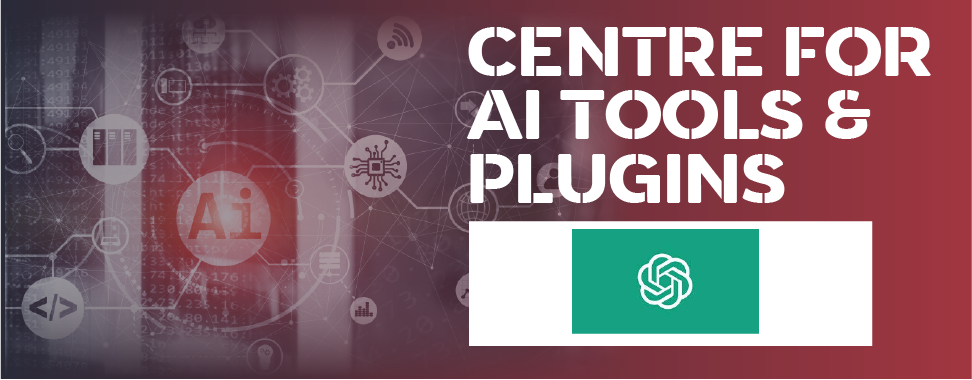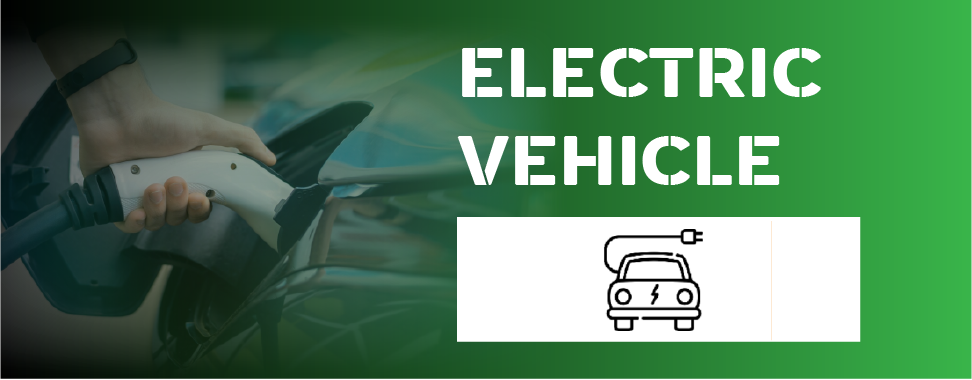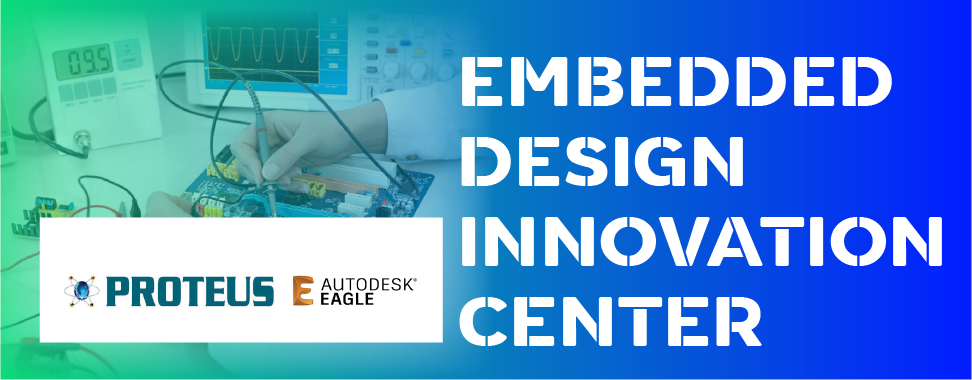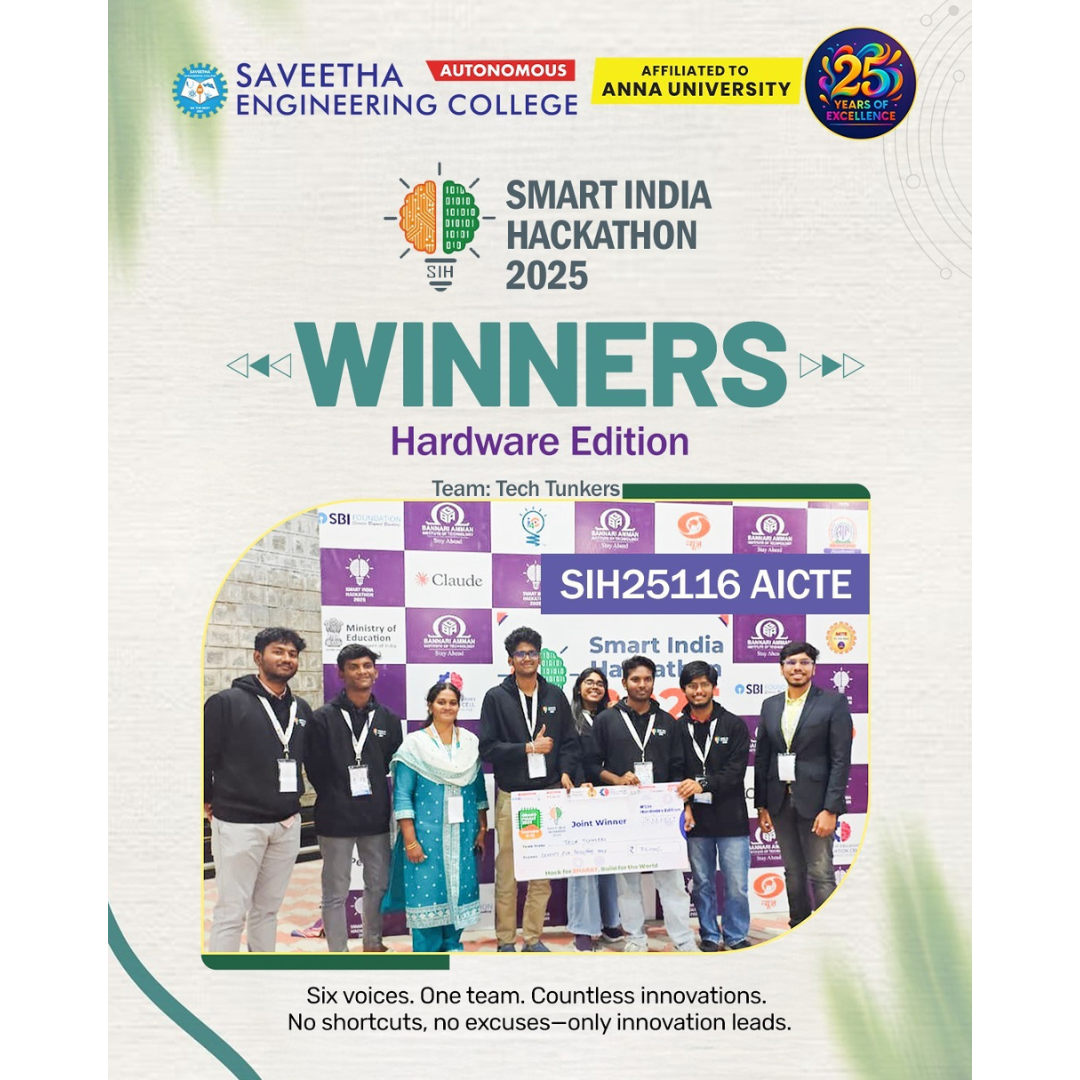About the Department
The Department of Electrical & Electronics Engineering was started in the year 2002, with an intake of sixty students. The team of twenty two faculty members of this Department are well qualified and experienced. The Department currently has about 250 students from various states of India, including the North-Eastern states, who work together in a cordial atmosphere conducive to excellence in education. The Department of EEE is committed to achieving academic excellence in Electrical Engineering and promoting R & D activities. The mission of this Department is to produce Engineers with self discipline, high integrity and good personality by providing excellent engineering education and training.
Key Features

Placement Data

Centre of Excellence








Eminent Alumni
News and Events
🎉 Winners of Smart India Hackathon 2025 – Hardware Edition
✨ Saveetha Engineering College (Autonomous) proudly announces that “Team Tech Tunkers” has emerged as the National Champion of the “Smart
Bonfiglioli Invites Future Innovators!
💥 Exciting Opportunities Await! Saveetha Engineering College (Autonomous) is happy to welcome “Bonfiglioli” for the 2025 Batch SCOFT & EEE
🎉 Cheers to the EEE 2026 Batch on Cracking “Saint-Gobain”!
🌟 Big applause to Mr. Nevil Joe Ferdin P and Mr. Nikkesh V of the EEE 2026 batch for bagging
VISION
To be a nationally recognized center addressing the energy crisis and providing solution to the rural and industrial needs
MISSION
- To develop within each student a robust repertoire of professional skills with moral integrity to launch successfully into a variety of careers in electrical engineering.
- To establish a research group of faculty and students, to explore ways of using electric energy efficiently and to replace conventional sources of energy with renewable ones.
- To establish a facility, where faculty members and students can apply creatively their understanding of engineering principles to provide solutions to rural and industrial problems.
PROGRAMME EDUCATIONAL OBJECTIVES (PEOs)
PEO 1: Graduates would have made progress in their careers which will be evident by their increased responsibility, product or processes they have developed, and recognition and awards won for their work.
PEO2: Graduates would have developed into highly respected professionals known for their high
standards of integrity and conscientiousness with the ability to make sound decisions.
PEO3: Graduates would have made useful contributions to society by their research work, international collaboration, and public service.
PROGRAMME OUTCOMES (POs)
- Engineering Knowledge: Apply the knowledge of mathematics, science, engineering fundamentals, and an engineering specialization to the solution of complex engineering problems.
- Problem Analysis: Identify, formulate, review research literature, and analyse complex engineering problems reaching substantiated conclusions using the first principles of mathematics, natural sciences, and engineering sciences.
- Design/Development of Solutions: Design solutions for complex engineering problems and design system components or processes that meet the specified needs with appropriate consideration for the public health and safety, and the cultural, societal, and environmental considerations.
- Conduct Investigations of Complex Problems: Use research-based knowledge and research methods including design of experiments, analysis, and interpretation of data, and synthesis of the information to provide valid conclusions.
- Modern Tool Usage: Create, select, and apply appropriate techniques, resources, and modern engineering and IT tools including prediction and modelling to complex engineering activities with an understanding of the limitations.
- The Engineer and Society: Apply reasoning informed by the contextual knowledge to assess societal, health, safety, legal and cultural issues and the consequent responsibilities relevant to the professional engineering practice.
- Environment and Sustainability: Understand the impact of the professional engineering solutions in societal and environmental contexts, and demonstrate the knowledge of, and need for sustainable development.
- Ethics: Apply ethical principles and commit to professional ethics and responsibilities and norms of the engineering practice.
- Individual and Teamwork: Function effectively as an individual, and as a member or leader in diverse teams, and in multidisciplinary settings.
- Communication: Communicate effectively on complex engineering activities with the engineering community and with society at large, such as being able to comprehend and write effective reports and design documentation, make effective presentations, and give and receive clear instructions.
- Project Management and Finance: Demonstrate knowledge and understanding of the engineering and management principles and apply these to one’s own work, as a member and leader in a team, to manage projects and in multidisciplinary environments.
- Life-Long Learning: Recognize the need for, and have the preparation and ability to engage in independent and life-long learning in the broadest context of technological change.
- Employ fundamental knowledge of electrical and electronics engineering to formulate, analyze and design smart and sustainable electrical systems.
- Demonstrate proficiency in use of modern software tools to analyze, simulate and design electrical and electronics systems.
PROGRAMME SPECIFIC OUTCOMES (PSOs)
PSO1: Adaptive Systems Design and Development
Graduates will be adept at innovating and problem-solving in various domains of electrical engineering, including power systems, renewable energy integration, and machine operations, ensuring they are well-prepared for industry challenges and research opportunities.
PSO2: Sustainable and Eco-efficient Systems Design
Graduates will be capable of designing, analyzing, and implementing complex electronic, embedded systems, electric vehicle systems and smart grid technologies with an emphasis on efficiency, sustainability, and adaptability to meet the evolving demands of technology and industry.
PSO3: Ethical and Societal Impact Awareness
Graduates will gain specialized knowledge in emerging technologies like AI Technology and IoT-based applications in electrical engineering. They will be prepared to design and implement systems that uphold the highest ethical standards while promoting human well-being and societal progress.



